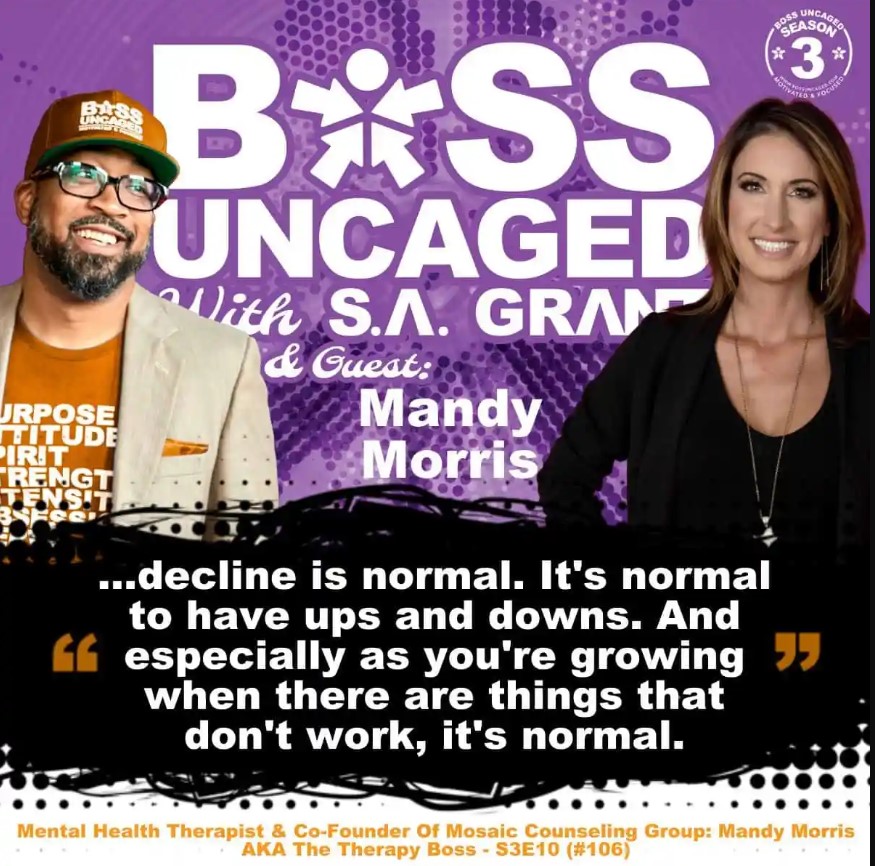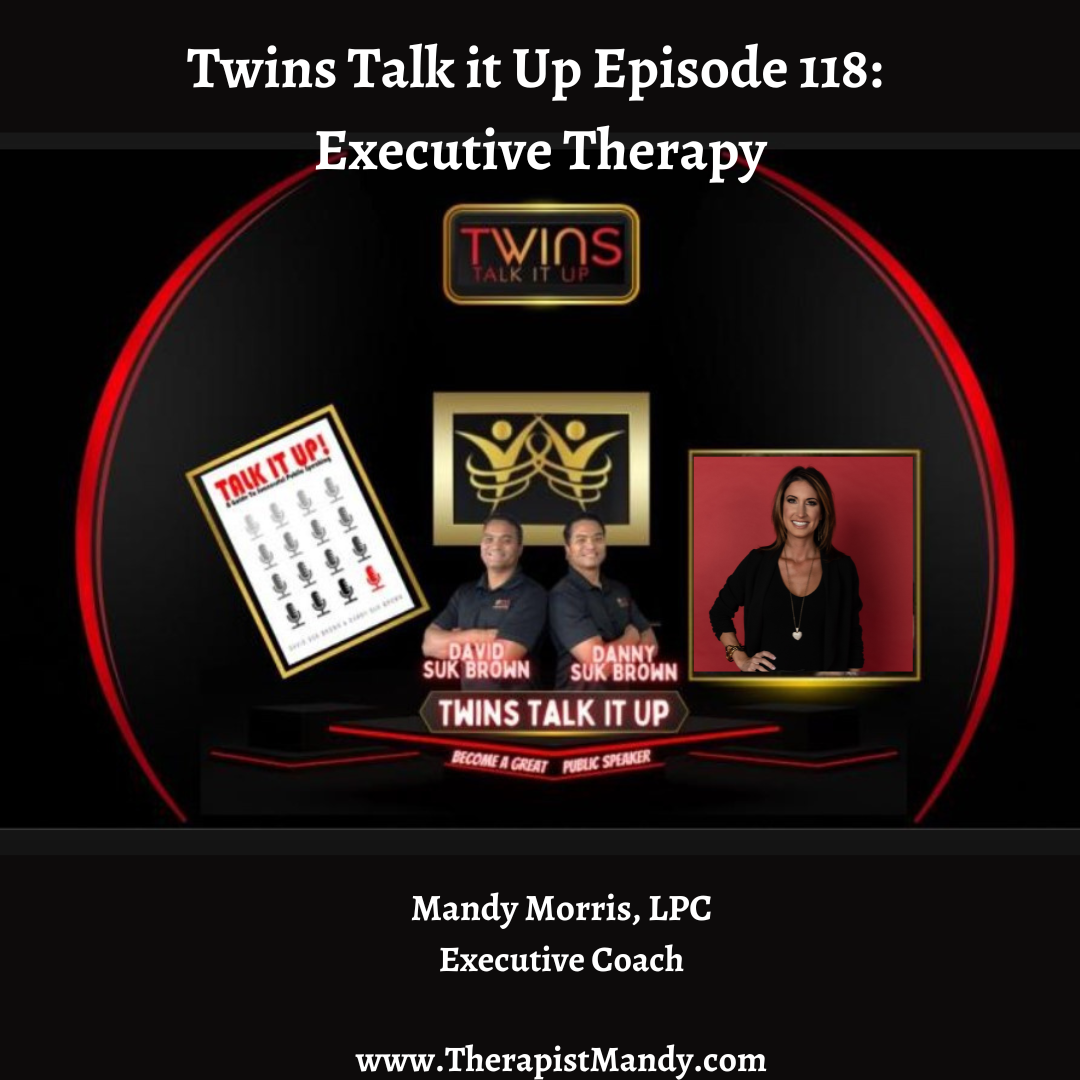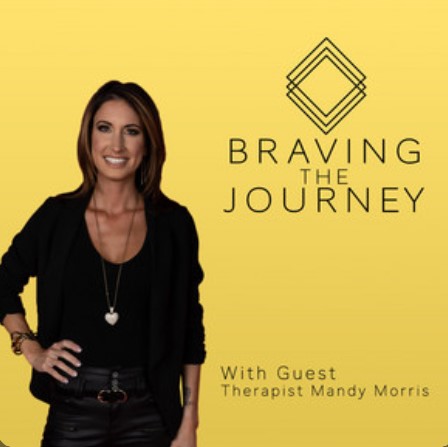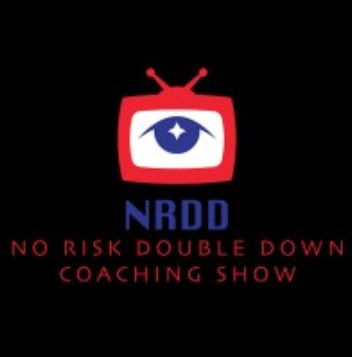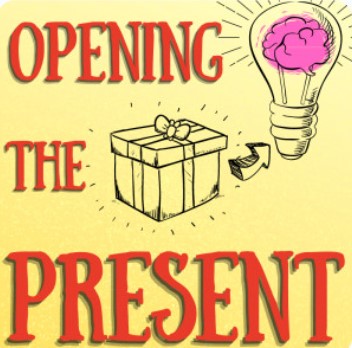
Recent Media Interviews

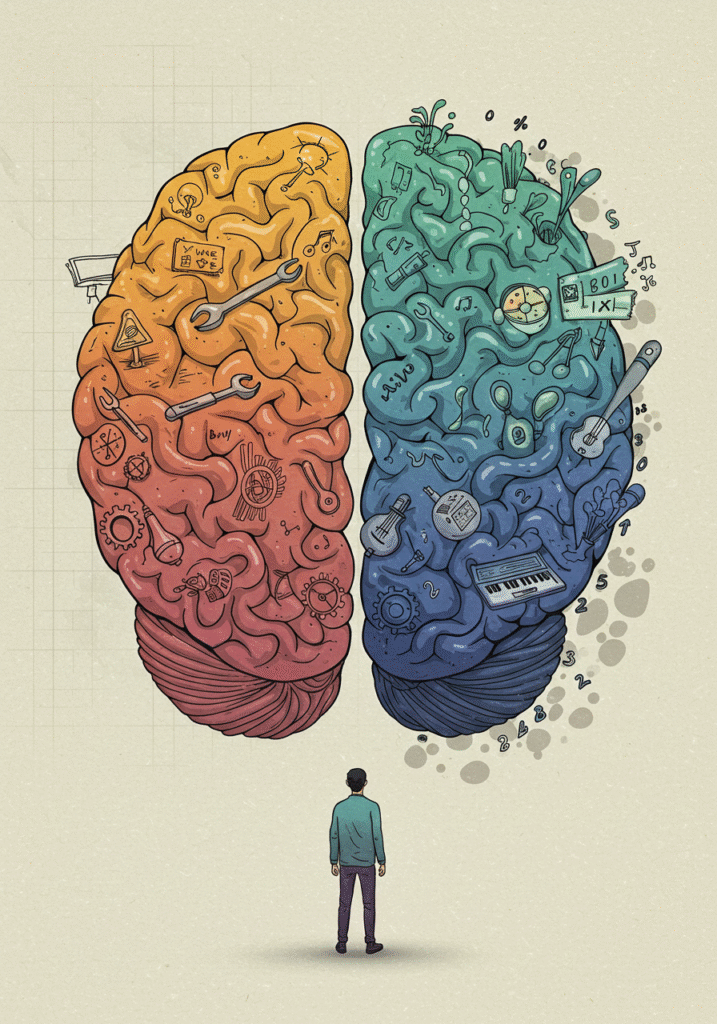
What Does It Mean to Be Neurodivergent?
The article explains what it means to be neurodivergent, clarifying common misconceptions and exploring how atypical brain functioning can manifest as both challenges and strengths. It draws on insights from licensed therapists, including Mandy Morris, to help readers understand neurodivergence, recognize its signs, and learn strategies to work with one’s unique wiring.
Main Points
Definition of Neurodivergence:
Neurodivergence refers to the ways some brains process information, emotions, and sensory input differently from what is considered “typical.” This isn’t a clinical diagnosis in itself but an umbrella term for conditions such as ADHD, dyslexia, and others. The concept promotes seeing these differences as natural variations rather than deficits.Expert Perspectives:
Alongside other professionals, Mandy Morris (licensed professional counselor and trauma therapist) offers an insider’s view. According to her, neurodivergence can often explain why high-functioning individuals might feel overwhelmed or out of sync with a standard environment.Real-Life Challenges and Strengths:
The article outlines common experiences of neurodivergent individuals—such as difficulty with organization, sensory overload, and challenges with time management—while also noting inherent strengths like intense focus, creativity, and innovative thinking.Practical Strategies:
The piece suggests breaking large tasks into smaller steps, using organizational tools, and designing environments and routines that respect one’s natural energy cycles. It also emphasizes the benefits of professional support to tailor life strategies that accommodate neurodivergent traits.
Highlighted Quotes from Mandy Morris
“It’s a term that’s become more common in recent years, but it’s often misunderstood.”
This quote sets the stage, acknowledging the emerging popularity of the term while noting the persistent misunderstandings around it.“As a trauma therapist and executive psychology coach, I’ve sat across from many high-functioning, ambitious men who are quietly struggling with things they can’t explain. They’re driven but distracted. Brilliant but burned out. They often feel like they’re sprinting through life wearing ankle weights no one else seems to carry. For many, that inner friction turns out to be neurodivergence.”
Here, Morris explains how neurodivergence may underlie feelings of burnout and overwhelming internal friction in high-achievers.“Think of the brain like an operating system. Most people run on something like iOS. Neurodivergent folks? They’re running Linux, or maybe a custom-built system with a few extra plug-ins. It works — it just works differently.”
This analogy helps readers visualize neurodivergence as a different—but equally functional—system rather than a flawed one.“When you’re wired differently and living in a world designed for the neurotypical majority, it can feel like trying to drive a Formula 1 car in city traffic. Your brain might be high-performance, but without the right track, tires, and fuel — it’s going to sputter. Clarity here is life-changing. It moves you out of shame and into self-respect.”
This quote emphasizes the importance of understanding one’s unique brain function to foster self-compassion and overcome feelings of inadequacy.“Neurodivergent brains often don’t run on a 9 to 5 rhythm. Track your focus patterns and schedule demanding tasks during peak windows.”
Morris underscores the need for personalized routines that align with one’s natural energy cycles, rather than forcing a conventional schedule.“Don’t rely on memory or motivation. Use alarms, visual calendars, apps like Notion or Todoist, color-coding systems, whatever helps you offload mental clutter.”
This practical advice is aimed at building external structures to support the organizational challenges faced by neurodivergent individuals.“Find someone who can help you decode your patterns, process your story, and build systems that support your unique wiring.”
Encouraging professional guidance, Morris stresses the importance of a supportive network or therapist in navigating neurodivergence.“The world wasn’t designed for every kind of brain — but that doesn’t mean your brain is the problem. Understanding neurodivergence is about stepping into your own operating system with curiosity, not judgment. It’s about learning how to stop performing and start thriving.”
This concluding statement offers an empowering perspective, urging neurodivergent individuals to embrace their differences without self-criticism.
Conclusion
The article provides both a conceptual framework and actionable tips for anyone navigating neurodivergence. By framing neurodivergence in positive and pragmatic terms, experts like Mandy Morris encourage readers to seek clarity, self-acceptance, and practical adjustments to thrive in a world that may not always cater to their unique cognitive styles.
Read the full article on AskMen.com
How to Improve Focus, According to Mental Health Pros
Morris explains that our brains are naturally inclined to seek novelty and immediate gratification, making sustained focus challenging
“Your brain’s default mode is to scan for threats, seek novelty, and prioritize immediate gratification over deep work.”
She likens modern life to “an all-you-can-eat buffet of distractions,” emphasizing how our environment exacerbates this tendency.
Strategies to Improve Focus
Reward Deep Work: Morris notes that our brains crave dopamine hits from distractions like checking phones. To counter this, she suggests pairing focused work with small rewards:
“Make deep work feel rewarding again by tying small pleasures to it.”
Engage in Bilateral Stimulation: Activities like walking or running can synchronize brain hemispheres, enhancing focus and emotional regulation:
“When you engage in bilateral stimulation, your brain synchronizes its hemispheres, which sharpens problem-solving, focus, and emotional regulation.”
Stay Hydrated: Even mild dehydration can impair cognitive function:
“Your brain doesn’t work without water. Even a 2 percent drop in dehydration messes you up, because it can cause cognitive impairment—affecting focus, working memory, and decision-making.”
Incorporate Strength Training and HIIT: These exercises boost chemicals like dopamine and norepinephrine, which are vital for cognitive function:
“Research shows they increase dopamine, norepinephrine, and BDNF—key chemicals that boost cognitive function.”
Daylight Saving Time and Your Mental Balance: What You Need to Know
When the clocks spring forward, it's not just your schedule that gets disrupted—it's your entire biological rhythm. As someone who works with high-performers daily, I've seen firsthand how this seemingly small time shift can create ripple effects throughout your mental and physical wellbeing. The science behind this is fascinating: the added daylight can boost serotonin (our happiness chemical) and evening red light can trigger melatonin production (our sleep chemical). When balanced, this creates a beautiful harmony in your body. But when circadian rhythms get disrupted, even by just one hour, many people experience heightened irritability, focus issues, and sleep disruptions that can derail your productivity and emotional regulation.
The good news? You don't have to surrender to the seasonal shift. Creating structure through consistent routines, morning exercise (which helps reset your body clock), and optimizing your sleep environment with blackout curtains can help you maintain balance even as daylight hours change. Remember, awareness is the first step—if you notice yourself feeling more agitated or unfocused during this transition, it's not all in your head. Your body is responding to real biological changes, and with the right strategies, you can navigate this seasonal transition without compromising your performance or wellbeing.

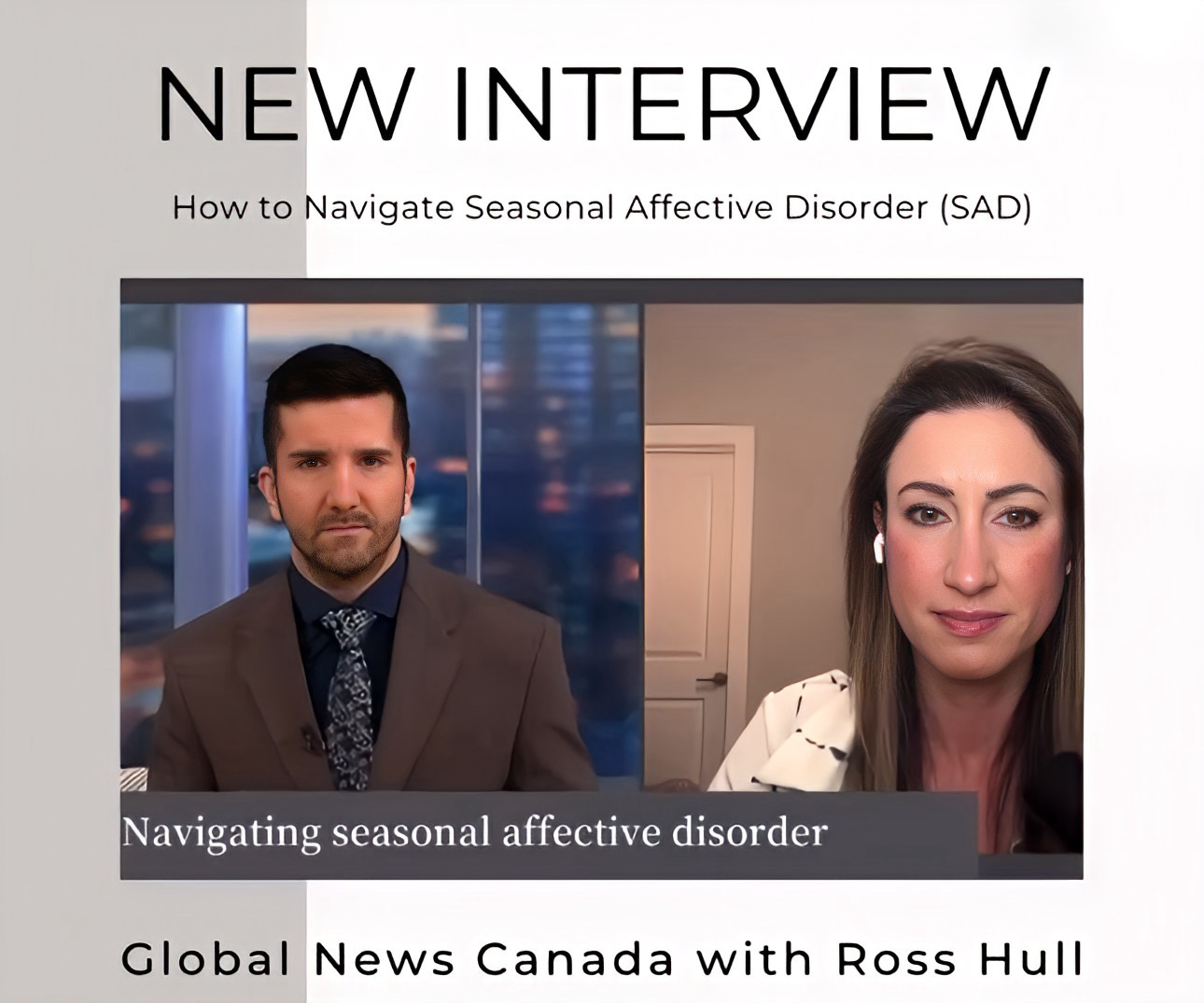
Springing into longer days has its own set of highs and lows.
Here are some expert tips from Mandy Morris, on how to keep a healthy balance for your mental health when the clocks change
In the spring we move our clocks one hour ahead for daylight saving, which can impact our moods for the better… or worse.
The good news is that longer days can have a positive effect on our mental health, with the increased sunlight helping to boost our serotonin—the happiness chemical.
The red light that scatters across the sky from the sun setting can also help boost melatonin in our brains—the sleepiness chemical.
In the right amounts, these chemicals work together to keep our bodies aligned.
On the other hand, for some, too much sunlight comes with its own downfalls. Too much serotonin can negatively affect our bodies and minds, making us feel more agitated and worked up.
These negative impacts are caused by the time change disrupting our circadian rhythms—our internal clocks that help to regulate sleep, focus, mood, appetite, and immune function.
See my full interview on the Weather Network for more insights and strategies
Recent Articles

How to Improve Focus: 9 Science-Backed Strategies That Actually Work
In today's hyper-connected world, your ability to focus isn't just a nice-to-have—it's essential for your success and wellbeing. As someone who works with high-performers daily, I've seen firsthand how improved focus creates a ripple effect of positive change in both professional and personal life. The truth is, enhancing your concentration isn't about pushing harder; it's about working with your brain's natural tendencies. From limiting distractions and creating reward systems to prioritizing bilateral stimulation and proper hydration, these nine evidence-based strategies can help you hack your brain's attention system for deeper, more sustained focus.
Remember, just like physical training, developing focus is a practice that builds over time. By implementing these strategies consistently, you'll not only improve your productivity but also experience greater mental clarity and reduced stress—allowing you to show up as your most authentic self in everything you do.
Read my full article on the Peloton blog for a deeper dive into each strategy
Breaking Free from FOBO: When the Fear of Missing Out Keeps You Stuck
Ever found yourself scrolling through endless options, unable to commit to a choice because you're terrified there's something better out there? That's FOBO – Fear of a Better Option – and it's silently sabotaging your decision-making, creating unnecessary anxiety, and keeping you stuck in a cycle of hesitation and regret. Whether it's spending hours comparing products online, second-guessing relationship commitments, or holding out for the “perfect” job opportunity, FOBO isn't just indecisiveness—it's a form of perfectionism that creates real mental health consequences. At its core, FOBO happens when your brain's fear center sees commitment as danger, causing you to focus obsessively on what you might miss rather than what you might gain.
The good news? You can break free from this paralysis with practical strategies that rewire your approach to choices. Setting decision deadlines, limiting your options to 3-5 possibilities, and embracing the 80% rule (if it's 80% good, it's good enough) can transform how you make decisions. Remember, the happiest people aren't those who find the mythical “perfect” choice—they're the ones who commit fully to good choices and make them work. True satisfaction comes not from endless searching, but from embracing your decisions and moving forward with confidence.
Read the full article on the simplicityandsunshine.com blog: The Psychological Phenomenon FOBO: The Fear of a Better Option and How to Overcome It


Burnout: It's Not Just Fatigue, It's a Full System Shutdown
Ever experienced that bone-deep exhaustion that no amount of sleep seems to fix? That's not just tiredness—it's burnout, and it's more than your body waving a white flag. As someone who's guided countless high-performers through this exact struggle, I can tell you burnout silently infiltrates every aspect of your life, leaving you depleted, disengaged, and disconnected from what once energized you. Whether it's the exhaustion that follows you from morning to night, the cynicism that makes everything feel pointless, or the physical symptoms like headaches and tension that never seem to leave—burnout doesn't just affect your work. It can infiltrate your relationships too, turning connections that once brought joy into interactions that feel like obligations, all while your resilience crumbles away.
The good news? Burnout isn't a life sentence. Recovery starts by stepping back to identify what's truly draining you, setting boundaries that protect your energy, and actively refilling your cup with rest and activities that spark joy. Remember, strength isn't about pushing through until you collapse—it's about recognizing when you need to pause and rebuild. You weren't designed just to survive and produce; you were made to thrive and feel alive. The world won't stop if you take a step back, but if you don't, you might lose essential parts of yourself in the process.
Read the full article on the simplicityandsunshine.com blog: Burnout: Signs of It and How You Can Recover!






